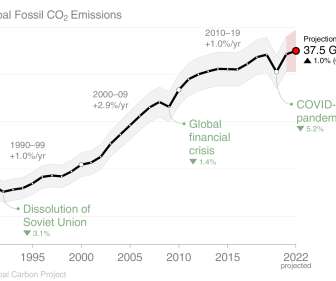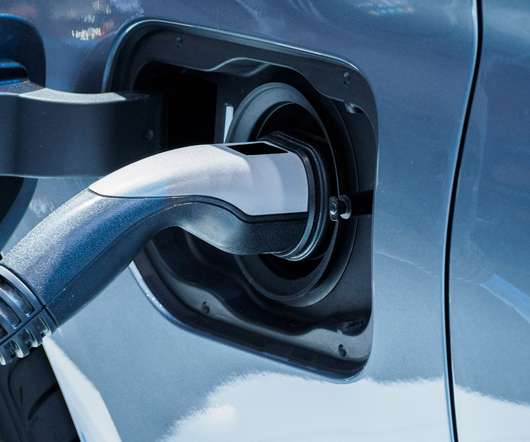Global Carbon Budget 2022: Global fossil CO2 emissions expected to grow 1.0% in 2022
Green Car Congress
NOVEMBER 14, 2022
Growth in oil use, particularly aviation, and coal use are behind most of the increase in 2022. CO 2 emissions from natural gas use have grown a sustained 2.2% CO 2 emissions from coal use are expected to grow 1.0% [0.2% to 1.9%], potentially exceeding the previous peak in 2014 to reach a new high. increase in 2021.































Let's personalize your content